Transcript: Elizabeth Burton, Goldman Sachs Asset Management
Barry Ritholtz
SEPTEMBER 19, 2023
One, one is true and I’ve always said is that I wanted people to stop, ask if I could doing math. And no one asked me if I can do math anymore with a degree from Booth, particularly in econometrics and statistics. So people really ask you, you take French and can you do math. Two reasons. Absolutely.

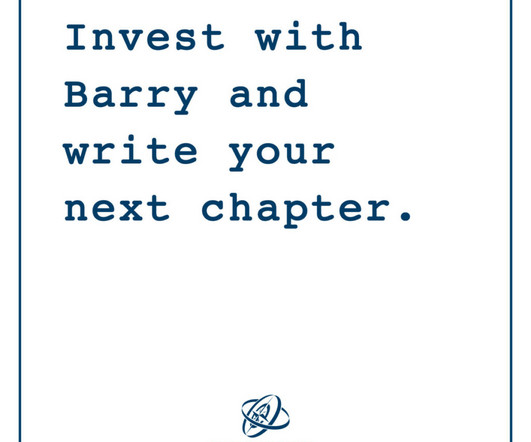
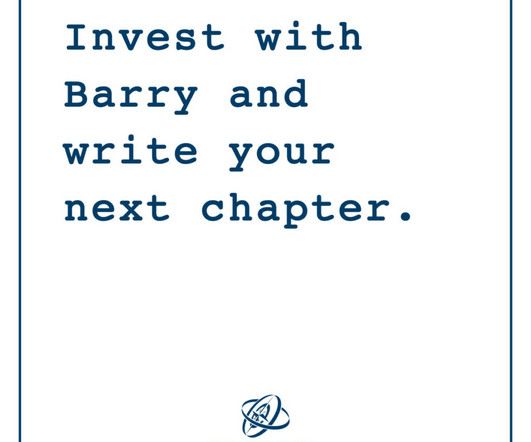
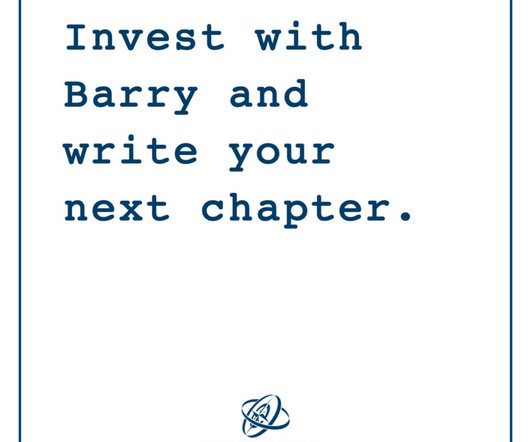
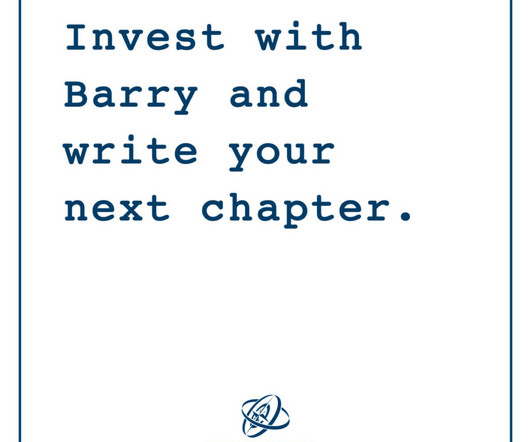

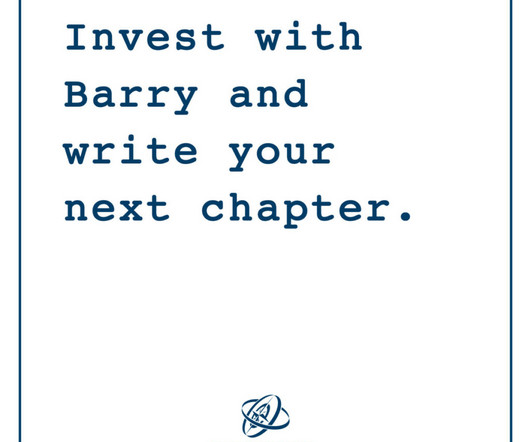








Let's personalize your content